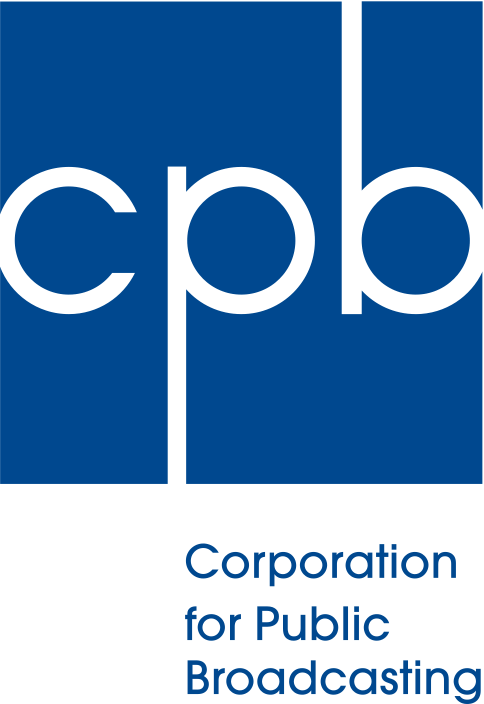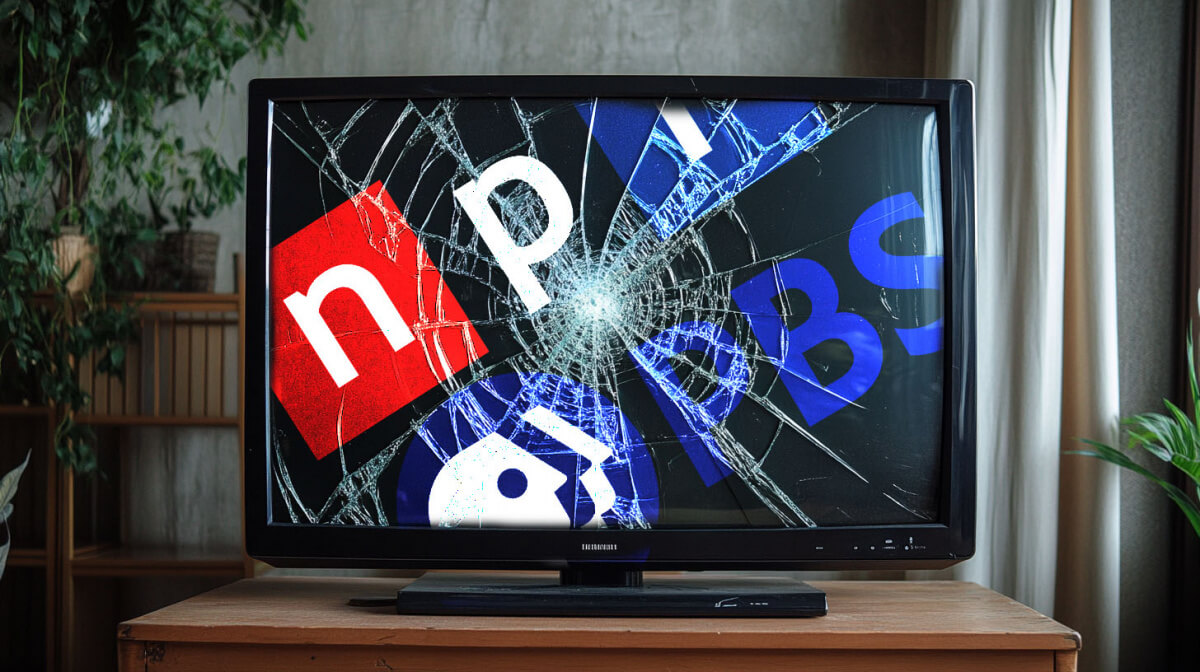
The Trump administration has moved to make significant budget cuts to public broadcasting and foreign aid, submitting a $9.3 billion rescission package to Congress. Announced on Monday, the proposal seeks to withdraw all federal funding for the Corporation for Public Broadcasting (CPB), amounting to $1.1 billion, and to cut $8.3 billion from the United States Agency for International Development (USAID).
The initiative, led by White House Budget Director Russ Vought, arises from longstanding Republican concerns of anti-conservative bias within public broadcasting entities like NPR and PBS, as well as allegations of "waste, fraud, and abuse" at USAID. The memo detailing the proposal underscored the administration's commitment to eliminating fiscal excess and ideological partisanship from federal expenditures.
With a 45-day window now open for Congress to act, the administration is buoyed by the current Republican majority in both chambers—a contrast to 2018 when a similar attempt by the Trump administration was narrowly defeated in the Senate. The proposal includes a rescission of $8.3 billion in foreign aid spending that does not expire until Fiscal Year 2025, alongside the complete defunding of the CPB.
Public broadcasting has come under fire from conservative critics, particularly concerning the leadership at NPR and PBS. NPR's CEO Katherine Maher, who had previously made controversial remarks about President Trump, expressed regret during congressional testimony last month. However, Republican lawmakers remain unsatisfied, pointing to programming decisions they view as ideologically driven rather than serving the public interest.
Controversy has also surrounded PBS, with Rep. Marjorie Taylor Greene (R-GA) accusing PBS CEO Paula Kerger of lying under oath regarding content aimed at children. The debate intensified with video evidence presented by Greene, which seemed to contradict Kerger's testimony.
President Trump has been vocal in his criticism of public broadcasting, calling for the defunding of what he describes as "horrible and completely biased platforms" and labeling them extensions of the Democratic Party. His comments, made via his Truth Social platform, align with the formal policy action proposed by his administration.
In January, further scrutiny was applied to NPR and PBS when FCC Chairman Brendan Carr initiated investigations into potential federal law violations over commercial advertisements, adding regulatory weight to the financial pressure of the proposed budget cuts.
The decision to potentially defund CPB and reduce USAID's budget reflects a significant shift in federal support for public broadcasting and foreign aid, with implications for the future of these institutions and the ideological balance of publicly funded content.





